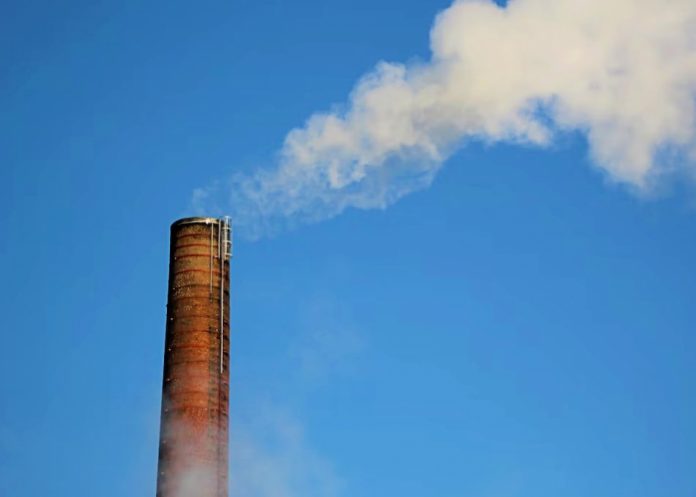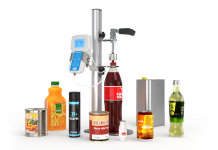
Guala Closures Group, a global manufacturer of aluminum and specialty closures, has announced that its 2030 Greenhouse Gas (GHG) emission targets have been validated by the Science Based Targets initiative (SBTi) as meeting the most ambitious 1.5°C target.
According to the company, it is an important step in the group’s sustainability journey by committing to science-based targets to reduce absolute scope 1 and 2 GHG emissions 44% by 2030, from a 2020 base year.
Guala Closures also commits to reduce scope 3 GHG emissions from purchased goods and services, and fuel and energy-related activities, by 25% per million manufactured closures, within the same timeframe.
The group has already reduced its GHG emissions in 2021 on Scope 1 and 2 intensities by 40% from the 2016 base year. Science-based targets provide a clearly defined pathway for companies to reduce GHG emissions, helping to prevent the worst impacts of climate change and future-proofing business growth, says SBTi.
The SBTi is a global body enabling businesses to set ambitious emissions reduction targets in line with the latest climate science. It is focused on accelerating action across the world to halve emissions before 2030 and achieve net-zero emissions before 2050.
The initiative is a collaboration between CDP, the United Nations Global Compact, World Resources Institute (WRI), and the World Wide Fund for Nature (WWF) and is one of the We Mean Business Coalition commitments. The SBTi defines and promotes best practices in science-based target setting, offers resources and guidance to reduce barriers to adoption, and independently assesses and approves companies’ targets.
More than 4,400 international companies, worldwide, have so far joined SBTi and more than 2100 of these companies have approved targets. Guala Closures Group is among the latter group of companies that have obtained this important recognition, which increasingly supports its sustainable strategy.
Paolo Lavazza, Guala Closures Group Quality and Sustainability director said, “This is a hugely important step along our sustainability strategy pathway. To have our near-term target validated gives us, as well as our customers and suppliers, clear evidence we are on the right track. The SBTi is a highly prestigious organization, which has the intention to ensure the claims made by stakeholders about these targets are fully validated by scientific evidence. This gives everyone confidence in the process.”
“The latest climate science from the Intergovernmental Panel on Climate Change (IPCC) – described by the UN as “code red for humanity” – shows it is still possible to limit global temperature rise to 1.5°C, but we are dangerously close to that threshold. So, there is no time to waste in our efforts to make deep emission cuts,” added Lavazza.










